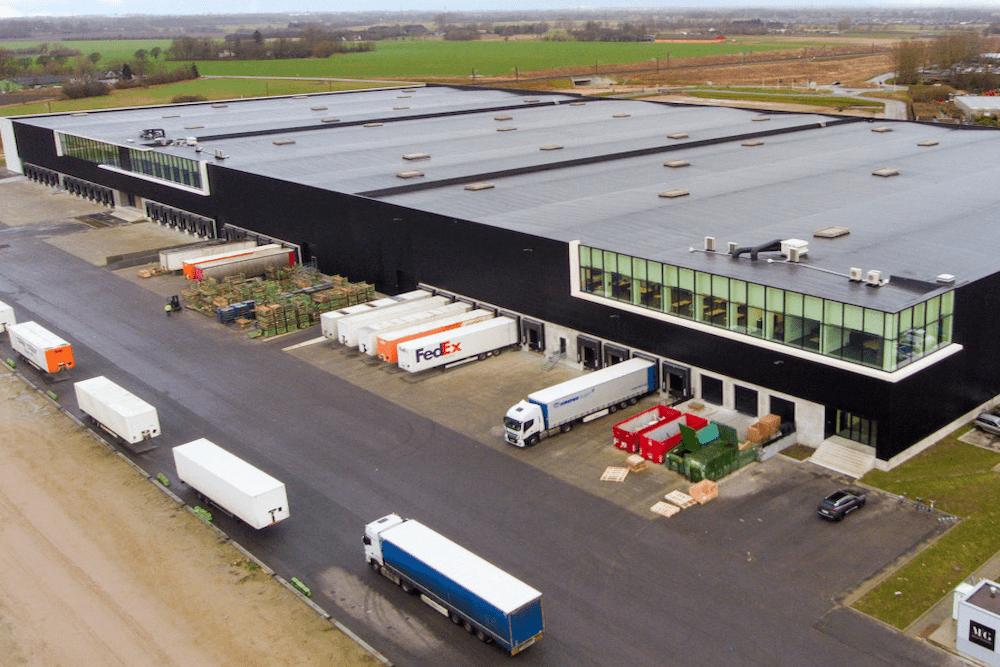The Future of Supply Chain Management: Trends and Insights for Leaders
Discover the latest trends in supply chain management and their impact on leadership and strategy.
Key Points of the Article
- Supply chain management plays a crucial role in the operational efficiency of companies.
- Technological developments and data analysis are transforming the industry.
- Leaders must adapt to changes and trends in the sector.
Blog Text
In the dynamic world of supply chain management, it is essential for leaders and decision-makers to not only stay informed about the latest trends but also to understand their implications. Supplychainbrain provides current insights and analyses that are crucial for executives in this sector. This includes discussions on technology, efficiency, and strategic adjustments that will shape the future of the supply chain.
The Impact of Technology
Technology continues to be a driving force behind changes in supply chain management. From automated warehouses to the use of artificial intelligence for forecasting and planning, the application of advanced technologies helps organizations operate faster and more efficiently. Leaders need to invest in the right tools and platforms that not only enhance current processes but are also scalable for future needs. This requires not only financial resources but also a culture that embraces innovation.
Data Analysis as a Competitive Advantage
In the age of big data, the ability to analyze data effectively has become an essential competitive advantage. Companies that optimize their data collection and analysis methods can better respond to trends and customer needs. This has direct implications for decisions and strategies related to procurement, inventory management, and logistics. Leaders must embrace a data-driven approach, where cross-functional collaboration is essential to improve data interpretation and better manage risks.
Risks and Sustainability
The supply chain is vulnerable to disruptions such as natural disasters, political instability, and pandemics. It is essential for leaders to not only map operational risks but also integrate sustainable practices into their supply chains. Sustainability not only fosters a positive image but can also lead to cost savings and improved efficiency. Companies must develop strategies that consider environmental impact and utilize sustainable materials and processes.
Leadership and Talent
The changes within the supply chain also require a reevaluation of leadership. Effective leadership in this sector is crucial for sparking innovation and successfully implementing new processes. Leaders must be able to motivate teams and attract talent that can adapt to the rapidly changing environment. This means that attention to training programs and skill development is critical, so employees can not only tackle current challenges but also be prepared for future developments.
Conclusion
The future of supply chain management presents both challenges and opportunities. It is vital for leaders in this sector to closely monitor trends and technologies and adapt their strategies accordingly. A proactive approach, rooted in data analysis and sustainability, combined with effective leadership and team development, will be key to success. Inspired Search supports these insights by sharing expertise, enabling organizations to be better prepared for the changes ahead in the supply chain.
Source Citation
Supply Chain Brain. Feature Stories. Accessed in 2023. [link](https://www.supplychainbrain.com/articles/topic/1373-feature-stories)











